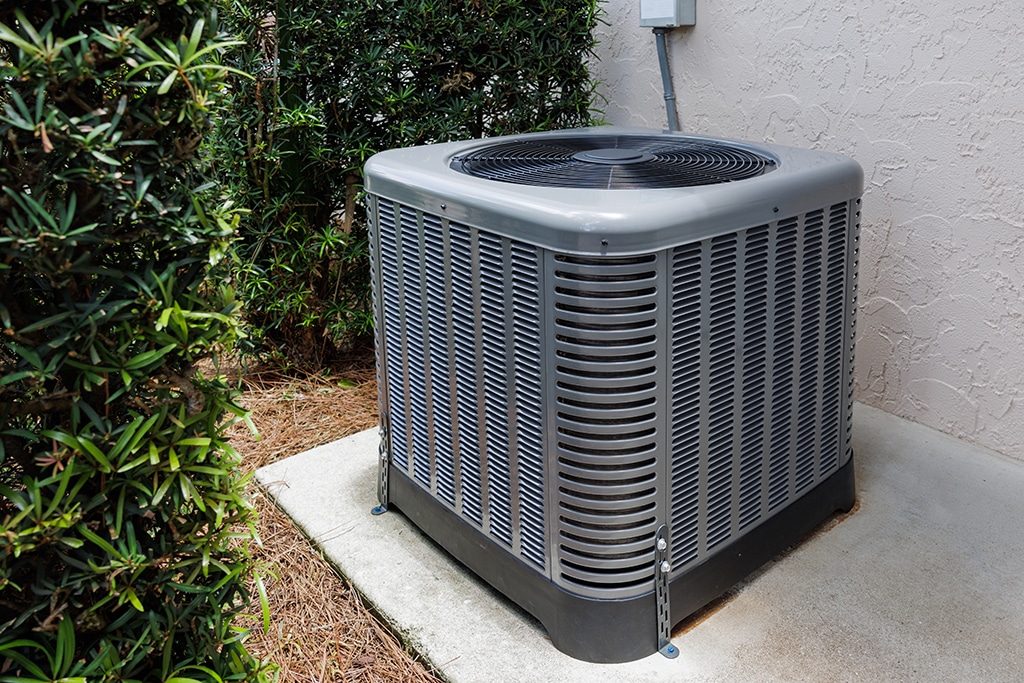Regarding keeping a comfortable home, your HVAC system plays a critical role. HVAC, an acronym for heating, ventilation, and air conditioning, is essential for regulating indoor air quality and temperature year-round. On the other hand, like any other system in your home, HVAC units have a finite lifespan and may require replacement. Knowing when to replace your HVAC system can save you time, money, and unnecessary discomfort.
Several key indicators can guide you in making decision. From increasing energy bills and unusual noises to inconsistent temperatures and age-related concerns, understanding the signs that your HVAC system may be failing is vital. By staying informed about these indicators, you can ensure that your home remains a cozy sanctuary no matter the season, while also picking the right options when the time comes to invest in a new system.
Comprehending HVAC Solutions
HVAC is an acronym for heating, ventilation, and air conditioning, which are vital components for ensuring a pleasant indoor atmosphere. Such systems manage heat levels, moisture, and air quality, playing a key role in home and commercial settings. Knowledge of HVAC systems can enable homeowners and business owners make informed decisions about their needs and guarantee optimal comfort year-round.
Heat components usually include heaters, heat pumps, or heating units, depending on the residence's design and local weather. Cooling generally consist of AC units or swamp coolers that work to cool indoor heat levels during warmer months. Ventilation is the method of exchanging indoor air with outdoor air, which facilitates clean air circulation and helps eliminate indoor contaminants. In tandem, these parts create an holistic system that enhances overall comfort and energy efficiency.
Regular upkeep and prompt upgrades to HVAC systems are crucial to their functionality and lifespan. Through keeping these systems in top shape, you can avoid common problems and ensure a healthy indoor space. Knowing how every component works together is the initial step toward making the best choices for your home or business heating and cooling needs.
Frequent HVAC Issues and Resolutions
Numerous homeowners face challenges with their HVAC systems at some point. One common problem is poor heating or cooling. This can often be traced back to clogged air filters, which limit airflow. Regularly changing or maintaining the air filters can significantly improve the efficiency of your system. If this doesn’t fix the issue, checking the vents for obstructions or inspecting the ductwork for leaks may be necessary.
Another frequent issue is strange noises coming from the HVAC unit. Clattering, humming, or squeaking sounds can signal that something is amiss. Detached components, such as screws or mounts, might be responsible for these noises. Securing those parts or arranging a professional inspection can help avoid further damage. In some cases, the problem could be due to defective motors or belts, which would need to be replaced.
Temperature controller problems can also lead to dissatisfaction with HVAC performance. If the system runs when it shouldn’t or fails to start, the thermostat may need adjustment or replacement. Additionally, smart thermostats can offer better control and scheduling options, enhancing comfort and energy efficiency. Ensuring that the thermostat is placed in an area with representative temperature readings is also important for performance.
When is it time to Enhance The HVAC Unit

Determining the right time to replace your HVAC system can be tricky, but you'll find specific signs that signal it may be time for a new unit. A major indicator is the tan of the system. The majority of HVAC units have a lifespan of about 15 to 20 years. When the unit is near or exceeding this age, it may be less efficient and more prone to breakdowns, resulting in higher repair costs and energy bills. Investing in a new system can provide greater efficiency, reliability, and comfort.
Frequent repairs are a further important indicator that an upgrade is necessary. If you find yourself requesting repairs multiple times a year, especially for significant issues, it may be wise to replace the system. Additionally, if repair costs are adding up to more than 20 percent of the cost of a new system, it is advisable to consider an upgrade. https://canvas.instructure.com/eportfolios/3548607/entries/13062045 are often equipped with advanced technology that can significantly reduce the need for repairs and improve overall performance.
Energy efficiency is crucial in today’s financial and ecological landscape. When your energy bills keep increasing despite consistent maintenance, it may indicate that the HVAC unit is no longer operating at peak efficiency. Upgrading to an eco-friendly model can yield significant savings over time, not only in utility costs but additionally in lower environmental harm. Additionally, modern HVAC systems may qualify for energy-saving incentives or incentives, making them an even more appealing option for homeowners looking to upgrade.
